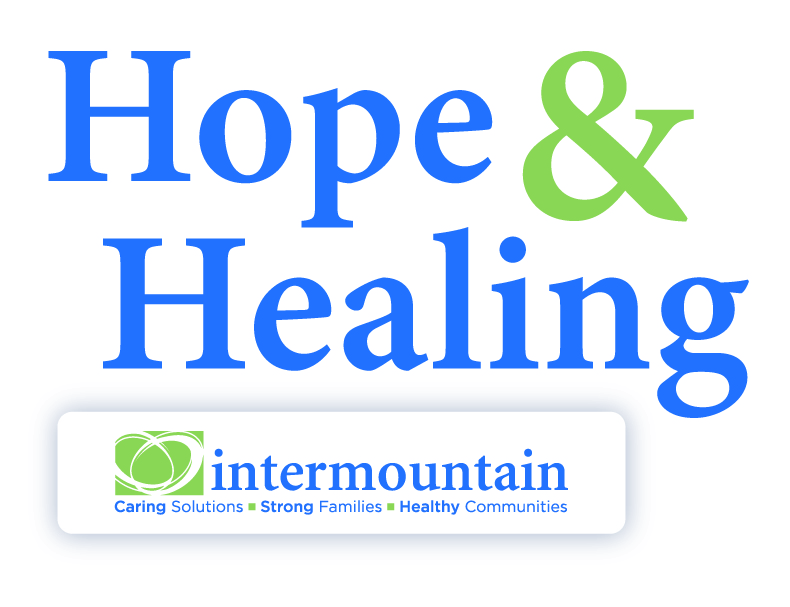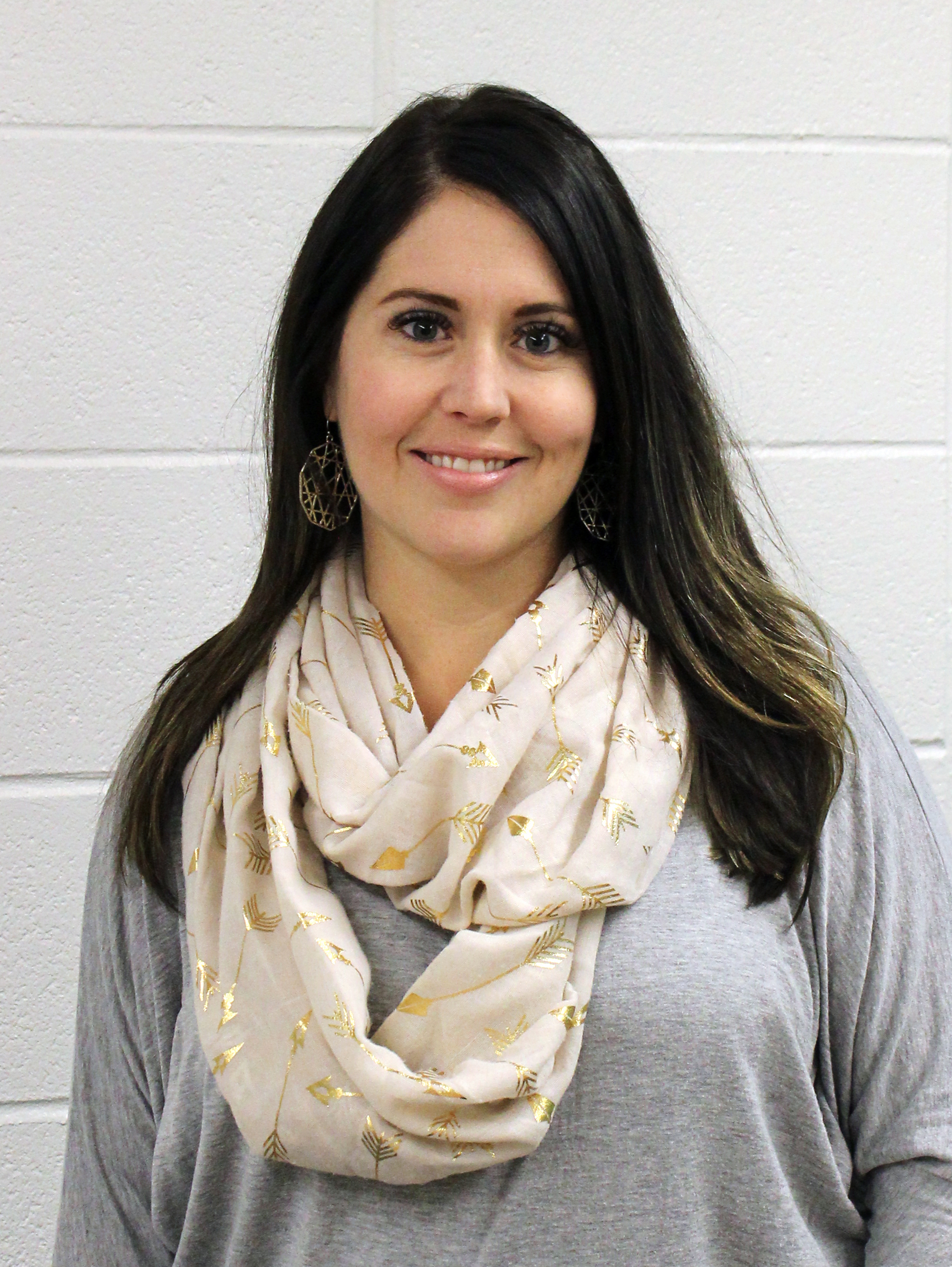By Katie Harlow, LCSW, Clinical Supervisor of Intermountain School Based Services
We are all part of a family, whether it be the family that we were born into, the family that chose us, or the family that we choose to create. Families are special in that they are designed to be a safe place for us, a place where we can be who we truly are with unconditional acceptance. Having a healthy family is a result of the relationships of the family members. A healthy family is valuable and requires dedication and maintenance to work towards or maintain its health.
When you have a toothache you call the dentist, when you have the flu you call a doctor, when your family is struggling or in distress you call…your mom? Your best friend? Maybe! What if you called someone who specializes in supporting families toward health? How do you know when to call your support system and when to call a professional?
Utilizing family therapy to maintain the health of your family is similar to going to the dentist–it’s all about your family’s needs. Maybe venting to your best friend and utilizing their advice is all you need. This is like brushing and flossing your teeth every day, something you can handle and don’t need a dentist to perform. Or maybe your family has an issue or conflict that continues to crop up and involving an outsider to your family could help you have a clearer understanding of each other’s needs or improve your communication skills. This is like a chipped tooth, it won’t get better on its own but you could probably continue along without a major impact on your life—for a while. Or, maybe there has been an event that has upset the functioning of your family such as a death or divorce, or maybe you don’t even recognize the person you are when your teenager is drawing you into a screaming match or refusing to follow basic family rules, and nothing you have tried seems to help. These are the teeth that need root canals. You can ignore them, but they will become more and more painful and consume more and more of your life.
It can be difficult to reach out for help, and to risk being vulnerable in asking for support in working toward healthy family relationships. As a society we tend to view seeking help for mental or emotional needs as a weakness rather than just a normal, healthy response to distress, like we view going to the emergency room for a broken arm. Really, a willingness to seek support and to work as a family to make changes in the ways you communicate or relate to each other is a sign of strength, and demonstrates that you value the health of your family in this way.
If you do decide to see someone for family therapy, it can be helpful to know what to expect when you meet with them the first time. Likely, when you contact them to schedule an appointment they will speak briefly with you about why you are interested in attending therapy, so that they can ensure that you fit into the type of clientele they serve and/or therapeutic issues they are trained to address. When you meet with them in person they will probably spend that time to gather more information about your concerns, your goals, and to see if they are a good fit for your family. Part of finding a therapist is finding someone you are comfortable with, and it is ok if that isn’t the first person you meet with. The therapist should also discuss with you the frequency of sessions and perhaps an estimated length of treatment. It is important to ask those questions that you may have.
There are several ways to find a therapist to fit the needs of your family. If you are comfortable doing so, you can start by asking friends or other family members if they have any experience with a therapist in your community. Many companies have employee assistance programs (EAP) that are in place to help their employees find resources in their communities. This can be a great place to start if you have access to this resource. Another way is to contact your insurance agency to see which providers in your area are covered by your insurance. While this can be an overwhelming process at times, keep in mind that you have started down this road with the goal and intention of increasing the relational health of your family, which is truly invaluable.
Katie Harlow is Clinical Supervisor of School Based Services for Intermountain in Helena. Katie provides clinical leadership and oversight to teams of mental health professionals who provide therapeutic services in public school settings in the Helena area.





